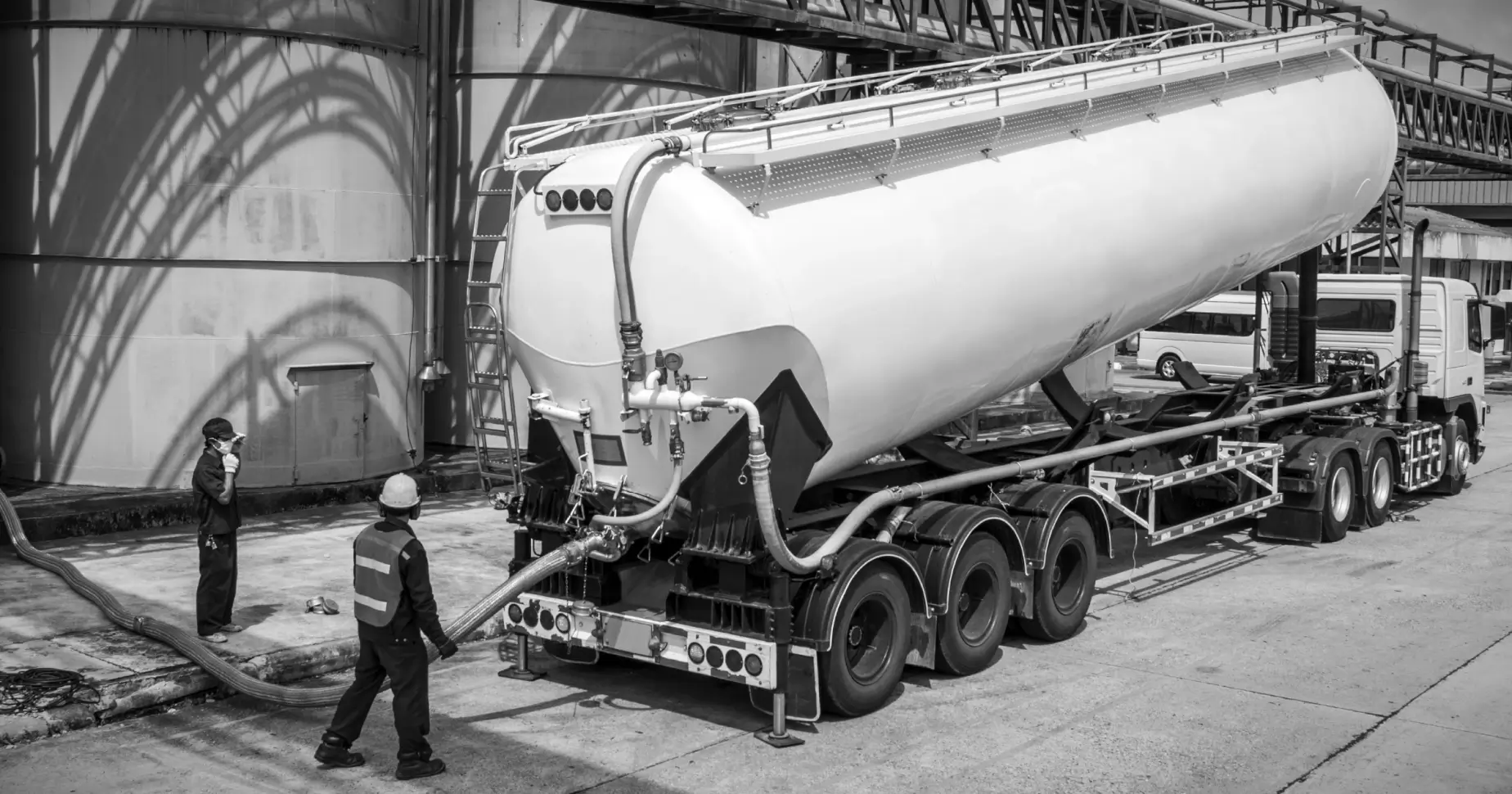As a society, we have become increasingly aware of the impact our actions have on the environment. With concerns over air pollution and greenhouse gas emissions, the transportation industry has faced mounting pressure to reduce its carbon footprint. One significant step in this direction is the introduction of diesel low-sulfur fuels. Off-road diesel, in particular, has been a focus of this effort as it is commonly used in heavy equipment such as bulldozers, excavators, and generators. So, The diesel being delivered for off-road use today is of the ultra-low variety.
The sulfur content of diesel has been identified as a major contributor to air pollution, which is why there has been a push to reduce the sulfur content of diesel fuels. In this context, the topic of low-sulfur off-road diesel fuel has become particularly relevant. In this article, we will explore the concept of low-sulfur off-road diesel and low-sulfur diesel low sulfur.
TABLE OF CONTENTS

What is low-sulfur diesel?
Low-sulfur diesel is a type of diesel fuel that contains significantly lower levels of sulfur than traditional diesel fuel.
In the United States, low-sulfur diesel fuel contains a maximum of 15 parts per million (ppm) of sulfur, while traditional diesel fuel contains up to 500 ppm of sulfur.
Benefits of using low-sulfur diesel
Low-sulfur diesel has several benefits over traditional diesel fuel.
- It produces fewer emissions of sulfur dioxide, a harmful pollutant that can contribute to respiratory problems and acid rain.
- It enables the use of advanced emissions control technologies, such as particulate filters and selective catalytic reduction (SCR) systems, which can further reduce emissions of nitrogen oxides (NOx) and particulate matter (PM).
- It can improve the performance and efficiency of diesel engines, resulting in better fuel economy and lower maintenance costs.
The use of low-sulfur diesel fuel is regulated by various government agencies around the world.
In the United States, the Environmental Protection Agency (EPA) requires that all highway diesel fuel sold in the country contain no more than 15 ppm of sulfur. This regulation, known as the Ultra-Low Sulfur Diesel (ULSD) rule, went into effect in 2006 for highway diesel fuel and in 2014 for non-road diesel fuel.
The European Union has similar regulations, requiring that all diesel fuel sold in the EU contain no more than 10 ppm of sulfur. Other countries, such as China and India, have also adopted low-sulfur diesel fuel standards in recent years.
Implications of off-road diesel’s sulfur content
The sulfur content of off-road diesel can have several implications, including:
Emissions control
Modern diesel engines are equipped with emissions control technologies, such as diesel particulate filters and selective catalytic reduction systems, that help reduce harmful emissions. However, these technologies can be negatively impacted by high levels of sulfur in diesel fuel.
Health effects
Exposure to sulfur dioxide can cause respiratory problems, including asthma, bronchitis, and other lung diseases. People who live near areas with high levels of sulfur dioxide emissions may be at increased risk of developing these conditions.
Engine performance
The sulfur content of diesel fuel can affect the performance of engines. High levels of sulfur can lead to increased engine wear and tear, decreased fuel efficiency, and reduced engine power.
Now you know the answer to “Is off-road diesel low sulfur?” What’s next?
In conclusion, the question of whether off-road diesel is low in sulfur is a relevant one, as sulfur emissions can have harmful effects on both the environment and human health.
Fortunately, there is a solution available for those looking to reduce their sulfur emissions and comply with environmental regulations. Better knowledge about off-road diesel price and weighing things is important for users and consumers.
Fuel Logic is a fuel delivery company that offers low-sulfur diesel fuel for off-road vehicles and equipment. By choosing low-sulfur diesel from nearby supplier like Fuel Logic, customers can help reduce harmful emissions and contribute to a cleaner, healthier environment.





